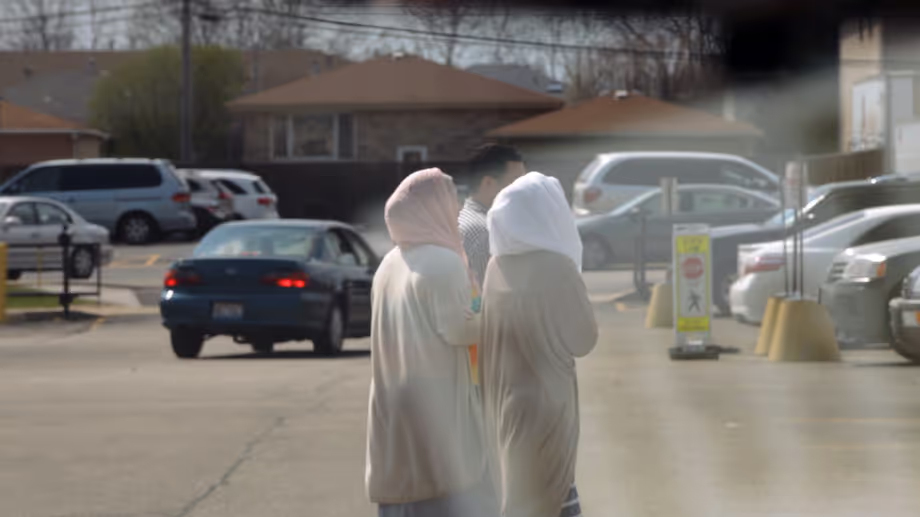The Feeling of Being Watched: Discussion Guide Taking Action and Resources
Taking Action and Resources

If the group is having trouble generating their own ideas for next steps, these suggestions can help get things started:
● Learn more about American Muslim cultures, experiences, and religious beliefs.
● Learn more about Arab cultures.
● Examine popular media portrayals of Arab and Muslim cultures to assess how these groups are stereotyped in the U.S.
● Examine your own bias towards Muslims and Arabs.
● Learn about the Freedom of Information Act and how to request information from the FBI.
● Learn more about how your personal data is being used by both the government and private companies.
● Talk with advocates in your community about data justice and ownership of personal data.
● Talk with community organizers who have been doing anti surveillance advocacy and organizing work.
● Learn more about the history of the Operation Vulgar Betrayal and the history of surveilling Muslims.
● Speak out against persecution in your own community when you encounter it. Report acts of discrimination or unfair treatment of religious, ethnic and/or minority groups.
● Organize storytelling circles to create a platform for community members to share experiences; emphasize a safe space where members can safely share stories they haven’t been comfortable speaking up about.
● Participate in intergenerational communication and learning.
● Participate in a workshop on active listening to develop skills to be able to listen deeply without judgement of other peoples’ stories.
RESOURCES
● The Freedom of Information Act (FOIA) is a U.S. federal law that gives the public access to information possessed by government agencies. Through FOIA, citizens may request the release release information held by the government.
● Operation Vulgar Betrayal
● The Inverse Surveillance Project is the is the community engagement and impact strategy for The Feeling of Being Watched. The project engages in community storytelling and AI fueled truth-seeking to nurture a collective healing in American Muslim communities, and compel a radical transparency in government records and data.
● The Muslim Wellness Foundation works to reduce stigma and promote healing in the American Muslim community through dialogue, education and training.
● Hosted at Cardiff University’s School of Journalism, Media and Culture,The Data Justice Lab is investigating the relationship between datafication and social justice, highlighting the politics and impacts of data-driven processes and big data.
● The 2018 bookAmerican Islamophobia details a long history of Islamophobia in the U.S. and its roots in racism and the legal system.
